Applied research at the Wadsworth Center encompasses a wide variety of highly collaborative activities. Staff are committed to perform extensive research to develop and apply new methods and technologies to detect and characterize human diseases, environmental analytes, and infectious disease pathogens. While focused on improving public health, this research often translates to clinical applications, which serve to fill gaps where commercial products and services are unavailable. Some examples in infectious diseases include application of molecular methods to detect cases of botulism, tuberculosis, pertussis and HIV-2. Clinical research is also aimed to improve methods for assessing genetic relatedness among microbes, which is essential to public health outbreak investigations and improving surveillance. In Newborn Screening, a major focus is on refining existing methods or developing new methods to screen for additional conditions and to reduce the number of false positive results. In environmental testing the focus is on expanding our capabilities in biomonitoring and to better detect new and existing contaminants.
Associated Researchers

Sudha Chaturvedi, PhD
Director, Mycology Laboratory
We develop new technologies for fungal diagnostics and pathogenic mechanisms of Cryptococcus gattii and Pseudogymnoascus destructans, the etiologic agents of human cryptococcal meningitis and bat white nose syndrome, respectively.

April D. Davis, DVM, PhD
Director, Rabies Laboratory
We focus on developing and improving diagnostic tools for rabies. Additional research programs focus on studying rabies in bats within the laboratory and in field environments.

George L. Donati, PhD
Deputy Director - Laboratory of Inorganic and Nuclear Chemistry
We develop new approaches to calibration and use advanced statistical tools to minimize matrix effects and improve the accuracy and sample throughput of spectrochemical methods such as MIP-OES, ICP-OES, and ICP-MS to determine trace elements in a wide variety of samples of public health interest.
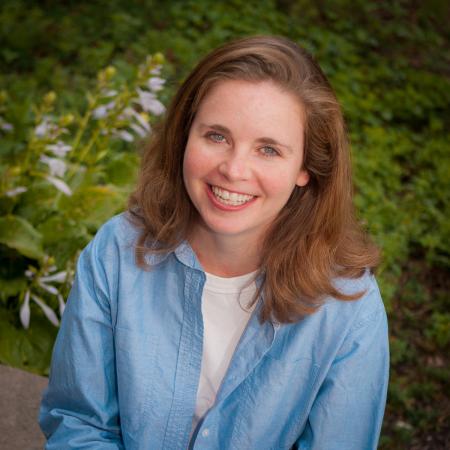
Christina Egan, PhD
Chief, Biodefense and Mycology Laboratories
We focus on the development and validation of assays to detect pathogens and toxins associated with bioterrorism or food-borne disease. We utilize methods such as real-time PCR, whole genome sequencing, and mass spectrometry for rapid detection of agents.
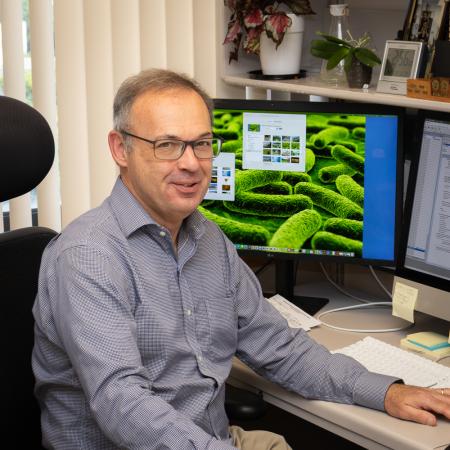
Vincent Escuyer, PhD
Director, Mycobacteriology Laboratory
We are interested in the mechanisms underlying resistance of M. tuberculosis to major TB drugs and in the development and validation of molecular assays involving whole genome sequencing for rapid detection of drug resistant tuberculosis.

Kurunthachalam Kannan, PhD
Deputy Director of the Division of Environmental Health Sciences
Biomonitoring of human exposure to environmental chemicals; biomarkers of health effects; sources and pathways of human exposure; environmental distribution, food chain transfer and fate of organic pollutants; consumer product analysis; overdose and wastewater surveillance
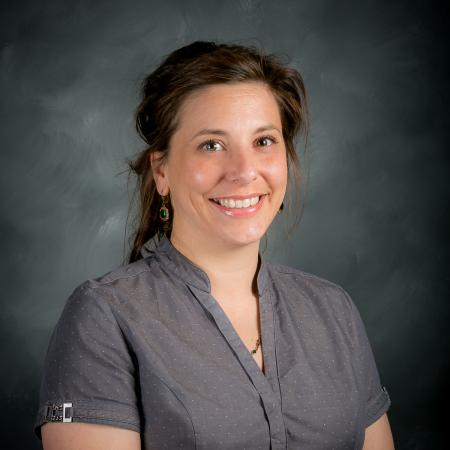
Denise M. Kay, PhD
Director, Newborn Screening Program
We screen infants born in New York State for more than 50 conditions at birth and study the genetics of diseases affecting infants and children.

Susan Madison-Antenucci, PhD
Director, Parasitology Laboratory
My laboratory develops improved methods of detecting, identifying and characterizing parasites that infect humans, as well as investigating pathogenicity and sources of infection.
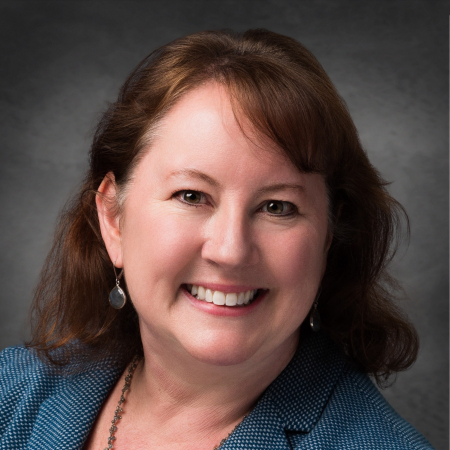
Kimberlee A. Musser, PhD
Clinical Director, Wadsworth Center David Axelrod Institute
We develop molecular diagnostic assays and reference testing for the detection and characterization of pathogenic bacteria and mycobacteria and to predict antibiotic resistance using real-time PCR and whole genome sequencing.

Joseph Orsini, PhD
Deputy Director, Newborn Screening Program
We focus on simplifying and automating published low-volume newborn screening tests in order to transform them into high-volume assays.

Christopher D. Palmer, PhD
Deputy Director, Clinical Trace Elements Laboratory
We develop and maintain robust ICP-MS methodologies to support both human biomonitoring studies and emergency preparedness.

Patrick J. Parsons, PhD
Director, Division of Environmental Health Sciences
We study human exposure to toxic metals/metalloids (biomonitoring) and long-lived nuclides (radiobioassay); and develop novel speciation methods by coupling LC and GC to ICP-MS, while using portable XRF for field-based studies.
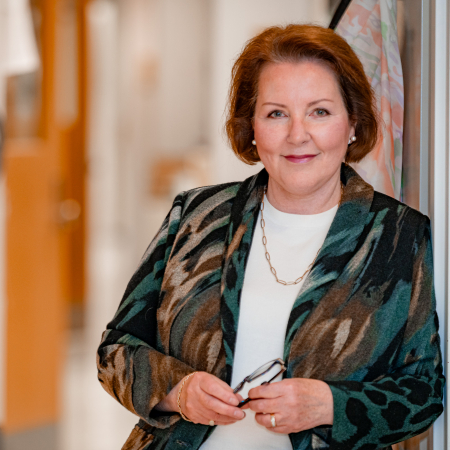
Kirsten St. George, PhD
Chief, Laboratory of Viral Diseases
We develop viral detection and characterization assays and investigate new molecular chemistries and platforms. Research includes rhinovirus infection in transplant recipients, drug-resistant influenza and adenovirus evolution.

Buu N. Tran, PhD
Organic and Analytical Chemistry Laboratory
We develop analytical methods to identify unknown chemicals in foods and environmental samples including toxic compounds and chemical terrorism agents, thus providing national surveillance of the food supply.